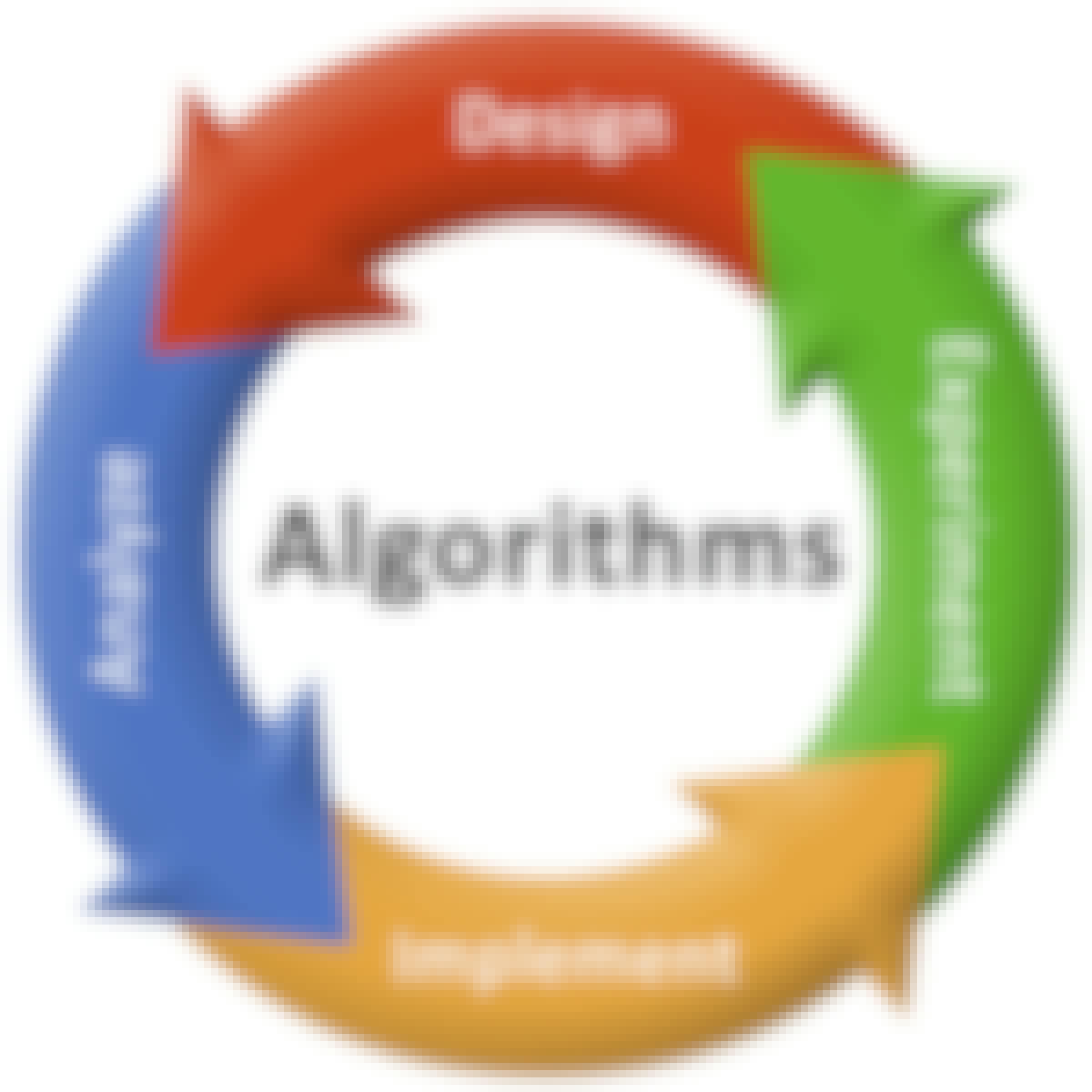Filter by
SubjectRequired
LanguageRequired
The language used throughout the course, in both instruction and assessments.
Learning ProductRequired
LevelRequired
DurationRequired
SkillsRequired
SubtitlesRequired
EducatorRequired
Explore the Matrix Course Catalog

University of Pennsylvania
Skills you'll gain: Descriptive Analytics, Data-Driven Decision-Making, Marketing Analytics, Predictive Analytics, Customer Insights, Customer Analysis, Business Analytics, Customer Data Management, Analytics, Marketing, Data Collection, Market Research, Regression Analysis, Consumer Behaviour, Correlation Analysis

Copenhagen Business School
Skills you'll gain: Business Strategy, Business Planning, Strategic Decision-Making, Strategic Thinking, Plan Execution, Goal Setting, Organizational Strategy, Resource Management, Peer Review, Competitive Analysis, Innovation, Organizational Structure, Project Implementation, Market Analysis, Culture Transformation, Change Management, Business Strategies, Global Marketing, Strategic Communication, Strategic Leadership

Multiple educators
Skills you'll gain: Dashboard, Pseudocode, Jupyter, Algorithms, Data Literacy, Data Mining, Pandas (Python Package), Data Visualization Software, Correlation Analysis, Web Scraping, NumPy, Probability & Statistics, Predictive Modeling, Big Data, Computer Programming Tools, Automation, Data Analysis Software, Data Collection, Machine Learning Algorithms, Unsupervised Learning
 Status: Free
Status: FreeStanford University
Skills you'll gain: Organizational Structure, Decision Making, Organizational Leadership, Organizational Change, Professional Networking, Strategic Decision-Making, Business, Social Sciences, Culture, Sociology, Analysis, Resource Management, Learning Theory, Innovation, Negotiation

Imperial College London
Skills you'll gain: Analytical Skills, Correlation Analysis, Regression Analysis, Sampling (Statistics), Statistical Hypothesis Testing, Data Literacy, Data Analysis, R Programming, Descriptive Statistics, Statistical Software, Biostatistics, Exploratory Data Analysis, Statistical Analysis, Statistical Programming, Statistics, Statistical Methods, Public Health, Probability & Statistics, Epidemiology, Statistical Modeling
 Status: Free
Status: FreeBirla Institute of Technology & Science, Pilani
Skills you'll gain: Integral Calculus, Calculus, Trigonometry, Algebra, Differential Equations, Linear Algebra, Derivatives

University of Pennsylvania
Skills you'll gain: Regression Analysis, Spreadsheet Software, Google Sheets, Financial Modeling, Microsoft Excel, Data Modeling, Forecasting, Risk Analysis, Probability & Statistics, Business Modeling, Statistical Analysis, Simulation and Simulation Software, Process Improvement and Optimization

Skills you'll gain: SAS (Software), Data Import/Export, Data Validation, Data Access, Data Manipulation, Exploratory Data Analysis, Data Analysis, SQL, Data Presentation, Microsoft Excel, Descriptive Statistics

Macquarie University
Skills you'll gain: People Management, Diversity and Inclusion, Organizational Leadership, Leadership and Management, Human Resource Strategy, Organizational Strategy, Team Building, Team Management, Leadership, Organizational Structure, Team Leadership, Business Leadership, Industrial and Organizational Psychology, Organizational Effectiveness, Leadership Development, Workforce Planning, Strategic Leadership, Branding, Employee Engagement, Storytelling

Stanford University
Skills you'll gain: Algorithms, Graph Theory, Data Structures, Theoretical Computer Science, Computational Thinking, Analysis, Programming Principles, Probability & Statistics, Probability

Duke University
Skills you'll gain: Statistical Hypothesis Testing, Sampling (Statistics), Statistical Inference, Exploratory Data Analysis, Regression Analysis, Statistical Reporting, Probability Distribution, Statistical Methods, Data Analysis Software, R Programming, Bayesian Statistics, Statistical Analysis, Data Analysis, Statistical Software, Statistical Modeling, Probability & Statistics, Probability, Statistics, Correlation Analysis, Data Literacy

University of Minnesota
Skills you'll gain: AI Personalization, Machine Learning Algorithms, Taxonomy, Applied Machine Learning, Machine Learning, Dimensionality Reduction, Performance Metric, Spreadsheet Software, Data Collection, Performance Measurement, Benchmarking, Usability Testing, Exploratory Data Analysis, A/B Testing, Analysis, Artificial Intelligence and Machine Learning (AI/ML), Technical Design, Algorithms, System Design and Implementation, Predictive Modeling
In summary, here are 10 of our most popular matrix courses
- Customer Analytics: University of Pennsylvania
- Strategic Management and Innovation: Copenhagen Business School
- Data Science Foundations: IBM
- Organizational Analysis : Stanford University
- Statistical Analysis with R for Public Health: Imperial College London
- Basic Mathematics: Birla Institute of Technology & Science, Pilani
- Introduction to Spreadsheets and Models: University of Pennsylvania
- Getting Started with SAS Programming: SAS
- Leading: Human Resource Management and Leadership: Macquarie University
- Divide and Conquer, Sorting and Searching, and Randomized Algorithms: Stanford University










